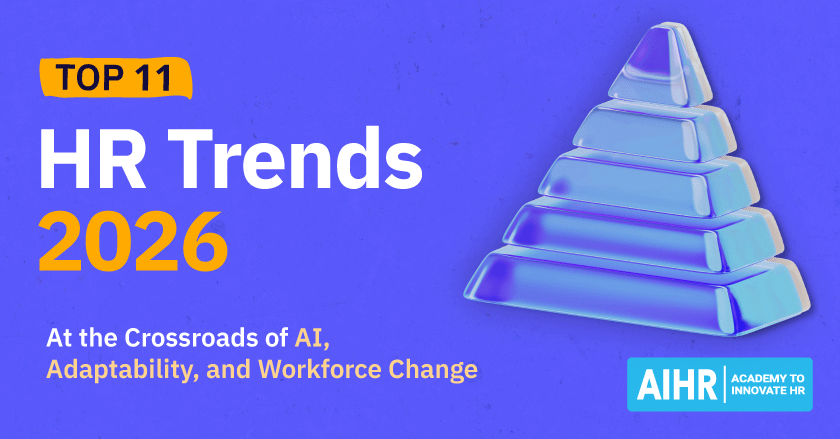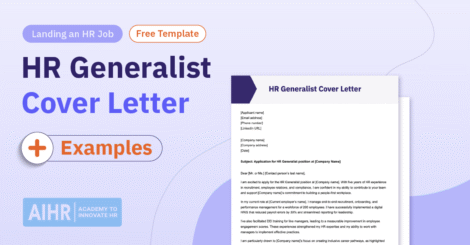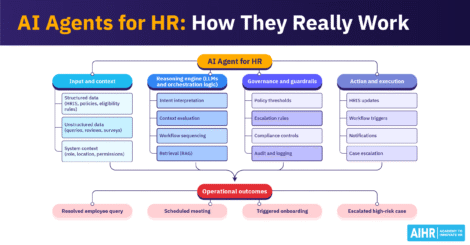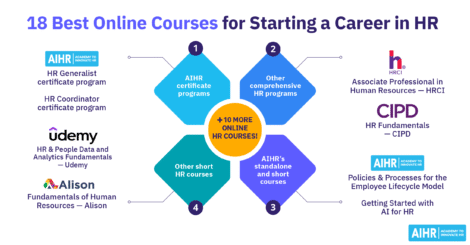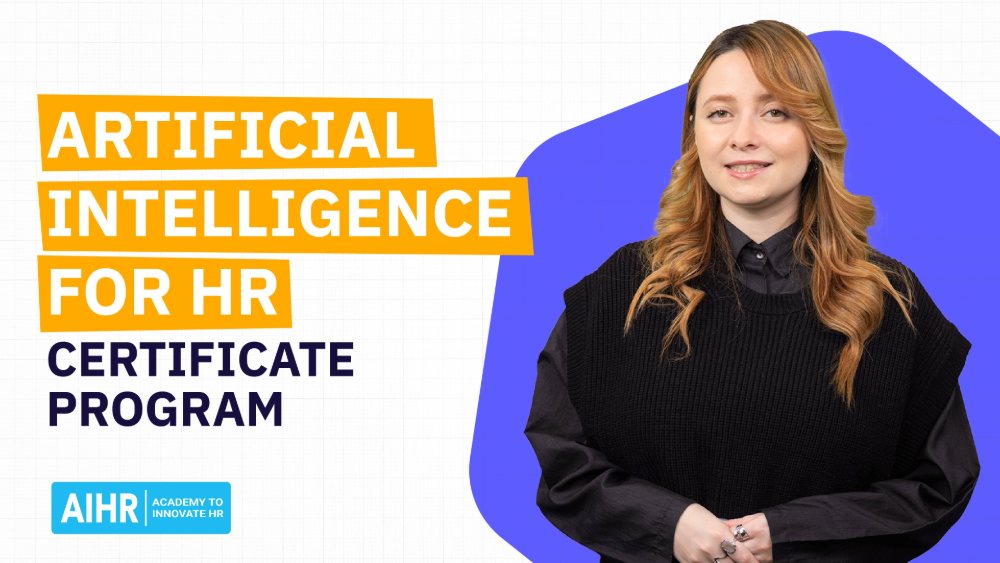The Head of Talent Management is responsible for the end-to-end management of talent supply and demand, in alignment with organizational talent requirements and workforce planning.
Contents
Role family, salary range & work experience
Key responsibilities
Skills & competencies
Job description template
Detailed responsibilities & tasks
KPIs for this role
Training programs
Role family, salary range & work experience
- HR role family: Solution architect
- Salary range: 116,000 – 142,000
- Work experience: 6–12 years
Key responsibilities
- Develop and implement global talent management strategies that support the company’s business objectives and foster a culture of high performance and engagement.
- Oversee talent acquisition, employee development, succession planning, performance management, and retention initiatives across the organization.
- Work closely with senior executives and HR partners to identify critical skills and competencies required for the organization’s success, and develop plans to address any gaps.
- Monitor and evaluate the effectiveness of talent management programs and initiatives, and make recommendations for continuous improvement.
Skills & competencies
- Analytics Translation
- Culture & Wellbeing
- Customer Understanding
- Data-Driven
- Digital Adoption
- Risk Mitigation & Ethics
- Sustainability
- Technology Empowered
Job description template: Head of Talent Management
The Head of Talent Management is responsible for developing and implementing talent management strategies and initiatives to attract, develop, and retain a talented workforce. You must have a deep understanding of talent management best practices, strong leadership skills, and the ability to work collaboratively with senior executives, managers, and HR professionals.
Responsibilities:
- Develop and implement global talent management strategies that support the company’s business objectives and foster a culture of high performance and engagement.
- Oversee talent acquisition, employee development, succession planning, performance management, and retention initiatives across the organization.
- Work closely with senior executives and HR partners to identify critical skills and competencies required for the organization’s success, and develop plans to address any gaps.
- Build and maintain strong relationships with key stakeholders and business leaders to ensure alignment and engagement in talent management initiatives.
- Drive a culture of continuous learning and development by identifying learning needs, designing and implementing training programs, and fostering a learning mindset across the organization.
- Develop and implement a comprehensive employee engagement strategy that addresses employee satisfaction, motivation, and retention.
- Monitor and evaluate the effectiveness of talent management programs and initiatives, and make recommendations for continuous improvement.
- Stay up-to-date with the latest trends and best practices in talent management, and recommend innovative solutions to address business challenges.
Requirements:
- Bachelor’s or Master’s degree in Human Resources Management, Business Administration, or a related field.
- Minimum of 10 years of experience in Talent Management, HR, or a related field, with at least 5 years in a leadership role.
- Strong understanding of talent management best practices, including talent acquisition, employee development, succession planning, performance management, and retention strategies.
- Proven experience in developing and implementing talent management programs and initiatives in a global organization.
- Excellent leadership and communication skills, with the ability to influence and build strong relationships with key stakeholders.
- Strong analytical skills and the ability to use data to drive decision-making and continuous improvement.
- Demonstrated ability to work in a fast-paced, changing environment and manage multiple priorities effectively.
- Strong business acumen and understanding of how talent management contributes to business success.
- Experience in developing and implementing diversity, equity, and inclusion initiatives is a plus.
Detailed responsibilities & tasks
- Develop and implement global talent management strategies that support the company’s business objectives and foster a culture of high performance and engagement.
- Oversee talent acquisition, employee development, succession planning, performance management, and retention initiatives across the organization.
- Work closely with senior executives and HR partners to identify critical skills and competencies required for the organization’s success, and develop plans to address any gaps.
- Build and maintain strong relationships with key stakeholders and business leaders to ensure alignment and engagement in talent management initiatives.
- Drive a culture of continuous learning and development by identifying learning needs, designing and implementing training programs, and fostering a learning mindset across the organization.
- Develop and implement a comprehensive employee engagement strategy that addresses employee satisfaction, motivation, and retention.
- Monitor and evaluate the effectiveness of talent management programs and initiatives, and make recommendations for continuous improvement.
- Stay up-to-date with the latest trends and best practices in talent management and recommend innovative solutions to address business challenges.
Detailed skills description
- Strategic thinking: The Head of Talent Management must be able to think critically and strategically about the talent needs of the organization and develop a plan to attract, develop and retain the best talent for the organization.
- Leadership skills: As a leader of the talent management function, the Head of Talent Management must have strong leadership skills to manage a team of talent acquisition and development professionals, and inspire them to achieve their goals.
- Communication skills: Strong communication skills are essential to effectively communicate the talent management strategy and its impact on the organization to stakeholders at all levels.
- Collaboration and teamwork: The Head of Talent Management must be able to work collaboratively with other departments and stakeholders to ensure the talent management strategy aligns with the overall business strategy.
- Data analysis: The Head of Talent Management must be able to use data and analytics to assess the effectiveness of the talent management process, and identify areas for improvement.
- Knowledge of talent acquisition and development best practices: The Head of Talent Management must have a deep understanding of best practices in talent acquisition and development, and be able to apply this knowledge to the specific needs of the organization.
- Adaptability: The Head of Talent Management must be adaptable to changing business needs, and be able to adjust the talent management strategy to meet these needs.
- Cultural awareness and inclusivity: As diversity and inclusion are integral to talent management, a Head of Talent Management must have a deep understanding of cultural differences, and create inclusive programs to attract and retain diverse talent.
KPIs for this role
- Succession planning: Developing and implementing a robust succession planning process to identify high-potential employees and prepare them for leadership roles in the organization.
- Employee retention: Tracking and improving employee retention rates, identifying and addressing reasons for turnover, and implementing strategies to improve employee engagement.
- Talent acquisition: Developing and implementing effective talent acquisition strategies to attract and retain top talent, including sourcing, recruiting, and onboarding.
- Leadership development: Implementing leadership development programs and initiatives to help employees develop the skills necessary to become effective leaders.
- Diversity and inclusion: Developing and implementing diversity and inclusion strategies to attract and retain a diverse workforce, and promote a culture of inclusion.
- Performance management: Developing and implementing performance management processes that align with the organization’s goals and values, and promote employee development and growth.
- Talent analytics: Collecting and analyzing talent data to identify trends and make data-driven decisions to improve talent management strategies.
- Learning and development: Developing and implementing learning and development programs and initiatives to help employees develop new skills and competencies and stay up-to-date with industry trends.
- HR technology: Managing and optimizing HR technology solutions to support talent management strategies and streamline HR processes.
- Budget management: Developing and managing talent management budgets, ensuring resources are allocated effectively and efficiently to support talent management strategies.


